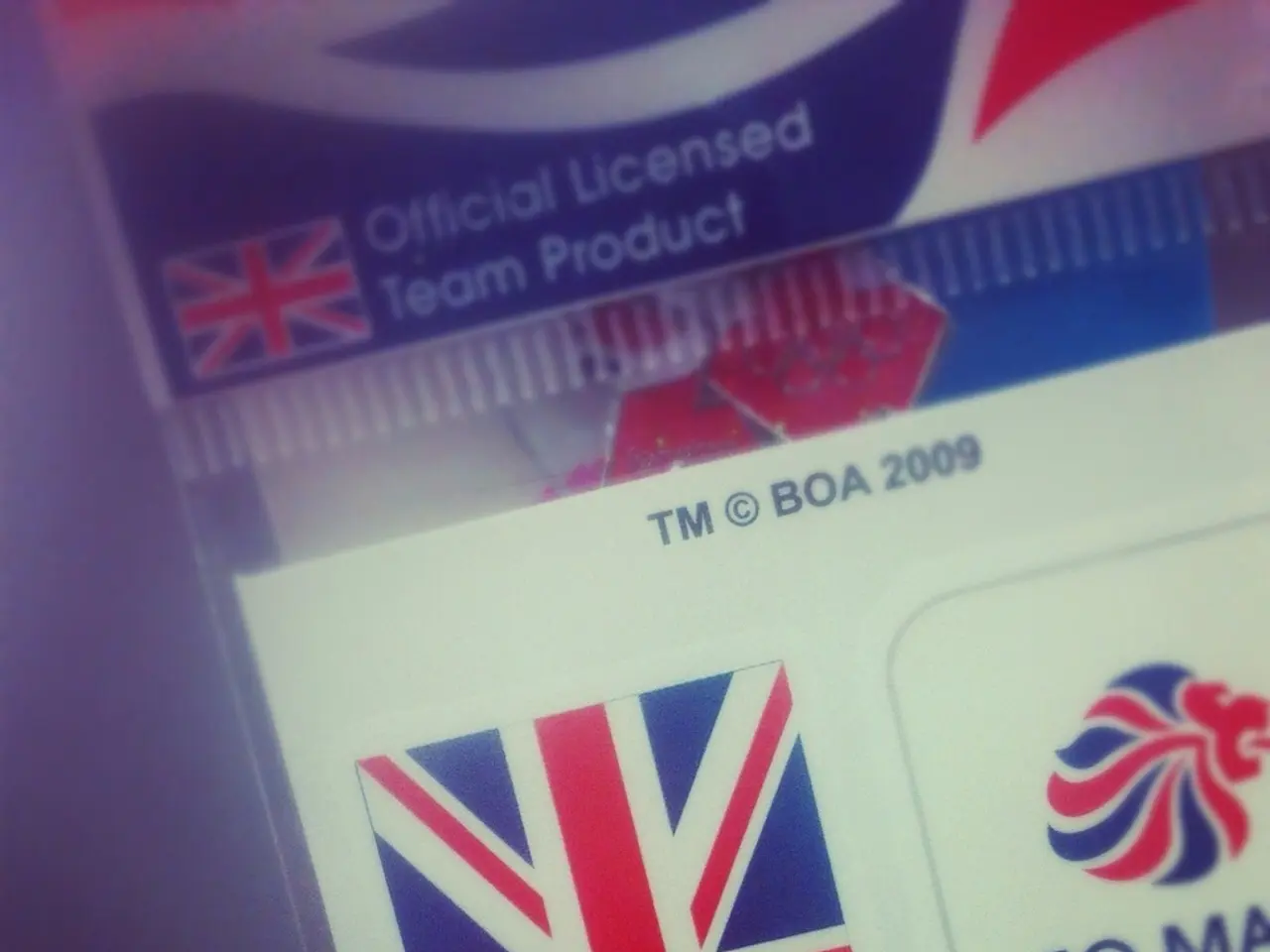Defending Professional credentials under Anti-Money Laundering/Counter-Terrorism Financing (AML/CTF) regulations, as the FATF evaluation approaches, by Canadian law societies.
The Federation of Law Societies of Canada (FLSC) recently published a comprehensive report on July 3, 2025, detailing the current status of the anti-money laundering and counter-terrorist financing (AML/CTF) regime as it applies to the legal profession in Canada. The report focuses on how Canadian law societies regulate AML/CTF compliance within the legal sector, in line with the Financial Action Task Force (FATF) requirements.
Key points from the report include:
1. The FLSC examined audit programs and compliance procedures implemented by law societies across Canada to enforce AML/CTF measures. These measures aim to ensure the legal profession does not become a conduit for money laundering or terrorist financing activities.
2. The report addresses Immediate Outcome 4, focusing on how effectively designated non-financial businesses and professions, notably the legal profession, are regulated under the AML regime. It emphasizes that Canadian law societies meet and exceed the FATF's effectiveness standards under IO4.
3. The report looks at disciplinary outcomes in cases involving trust account misuse, breaches of client identification and verification rules, violations of the no-cash rule, and the role of law societies in licensing, admission processes, and restrictions on ownership and structure of legal practices.
4. The FLSC has promulgated Model Rules and a Model Code of Professional Conduct, which are applied nationwide to harmonize AML/CTF regulations. These rules impose obligations such as trust account transparency, client due diligence (identification and verification), and limits on cash transactions, all grounded in the ethical principle that legal professionals must not aid in dishonesty, fraud, or criminal activity.
5. The harmonized approach aims to ensure consistency and effectiveness in regulating lawyers and law firms in AML/CTF compliance. This includes extensive educational and guidance initiatives, such as mandatory AML/CTF training modules, regional practice advisories, and in-person conferences.
6. Legal professionals in Canada are exempt from direct regulation under the federal Proceeds of Crime (Money Laundering) and Terrorist Financing Act 2000 (PCMLTFA), but the FLSC asserts that the legal sector's AML/CTF framework is in some respects more rigorous than the PCMLTFA regime.
7. The report highlights the strength of Canada's licensing and admission regimes, which include accredited legal education, national bar admission standards, supervised practice, and ongoing "fit and proper" character assessments.
8. The report includes notable disciplinary case studies, such as Law Society of British Columbia v Ronald Pelletier [2023] and Law Society of Ontario v David Starr [2024], which demonstrate the effectiveness of law societies' investigative and disciplinary tools. Between 2019 and 2025, several professionals were sanctioned or removed from practice for AML/CTF-related misconduct.
9. Failure to conduct appropriate inquiries in suspicious circumstances can itself amount to misconduct, a principle reinforced in Law Society of British Columbia v Guo [2023].
10. Law societies in Canada prohibit publicly traded law firms from owning or controlling legal practices. Statutory restrictions on the ownership and control of legal practices are in place, except under tightly regulated multidisciplinary arrangements.
11. The FLSC's submission aims to assure FATF evaluators that legal professionals in Canada are subject to a comprehensive, constitutionally compliant, and effectively enforced AML/CTF regime.
12. The Cullen Commission on money laundering in British Columbia found that law society oversight has gone a long way to addressing many of the money laundering risks in this sector, despite the absence of federal jurisdiction.
In summary, as of July 2025, Canada’s AML/CTF regime for the legal profession is actively regulated by law societies under a coordinated national framework established by the Federation of Law Societies of Canada. This approach emphasizes rigorous compliance, audits, ethical obligations, and disciplinary measures to prevent misuse of the legal profession for money laundering or terrorist financing.
- The comprehensive report published by the Federation of Law Societies of Canada (FLSC) in July 2025 highlights the banking and insurance sector's role in regulating anti-money laundering and counter-terrorist financing (AML/CTF) compliance within the legal sector, following the Financial Action Task Force (FATF) requirements.
- Personal finance managers might find the FLSC's examination of audit programs and compliance procedures implemented by law societies across Canada of interest, as these measures aim to ensure the legal profession does not aid in money laundering or terrorist financing activities.
- The report attempts to shed light on the status of wealth-management practices within the legal sector, focusing on disciplinary outcomes in cases involving trust account misuse, breaches of client identification and verification rules, violations of the no-cash rule, and the role of law societies in licensing, admission processes, and restrictions on ownership and structure of legal practices.
- General news outlets may cover the FLSC's implementation of Model Rules and a Model Code of Professional Conduct, which apply nationwide and aim to harmonize AML/CTF regulations, imposing obligations such as trust account transparency, client due diligence, and limits on cash transactions.
- The report underscores the importance of crime and justice by demonstrating the effectiveness of law societies' investigative and disciplinary tools through notable case studies, such as Law Society of British Columbia v Ronald Pelletier [2023] and Law Society of Ontario v David Starr [2024]. Between 2019 and 2025, several professionals were sanctioned or removed from practice for AML/CTF-related misconduct.




